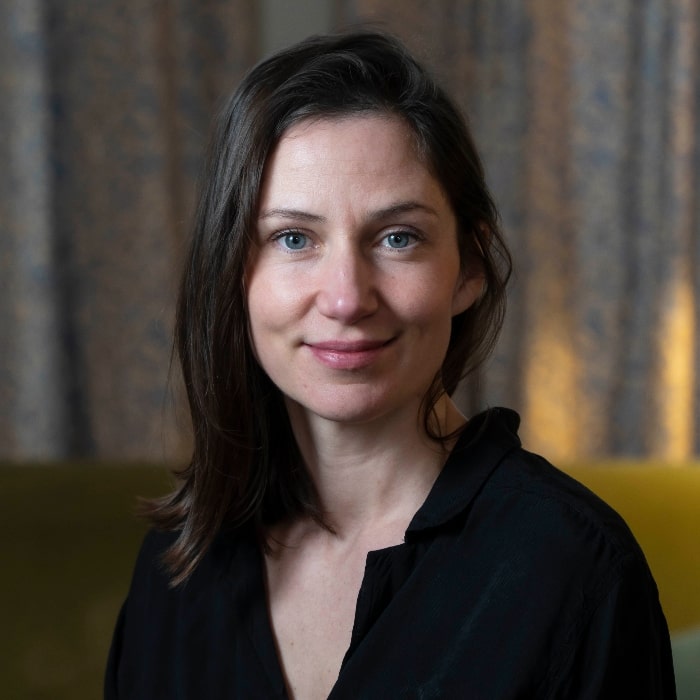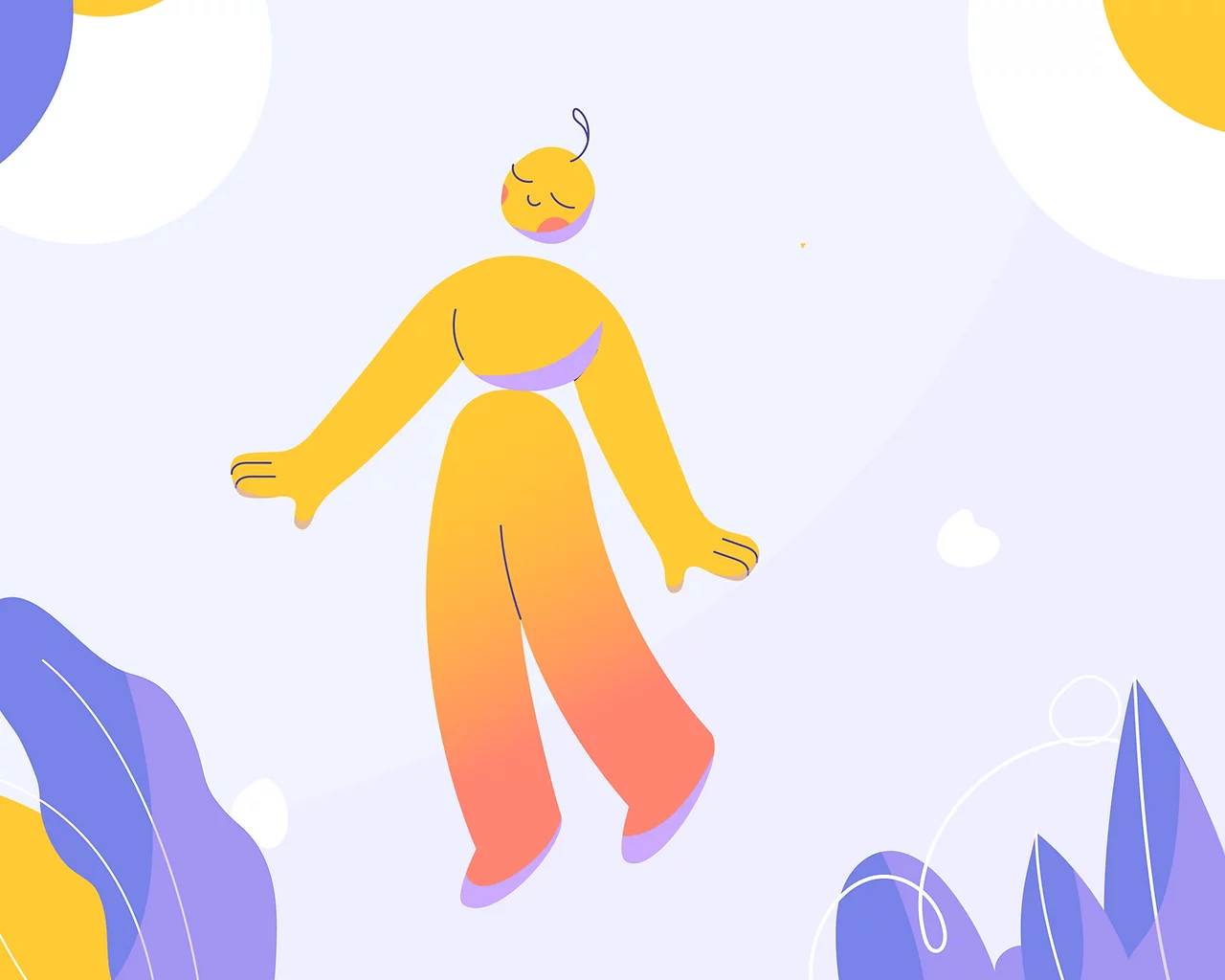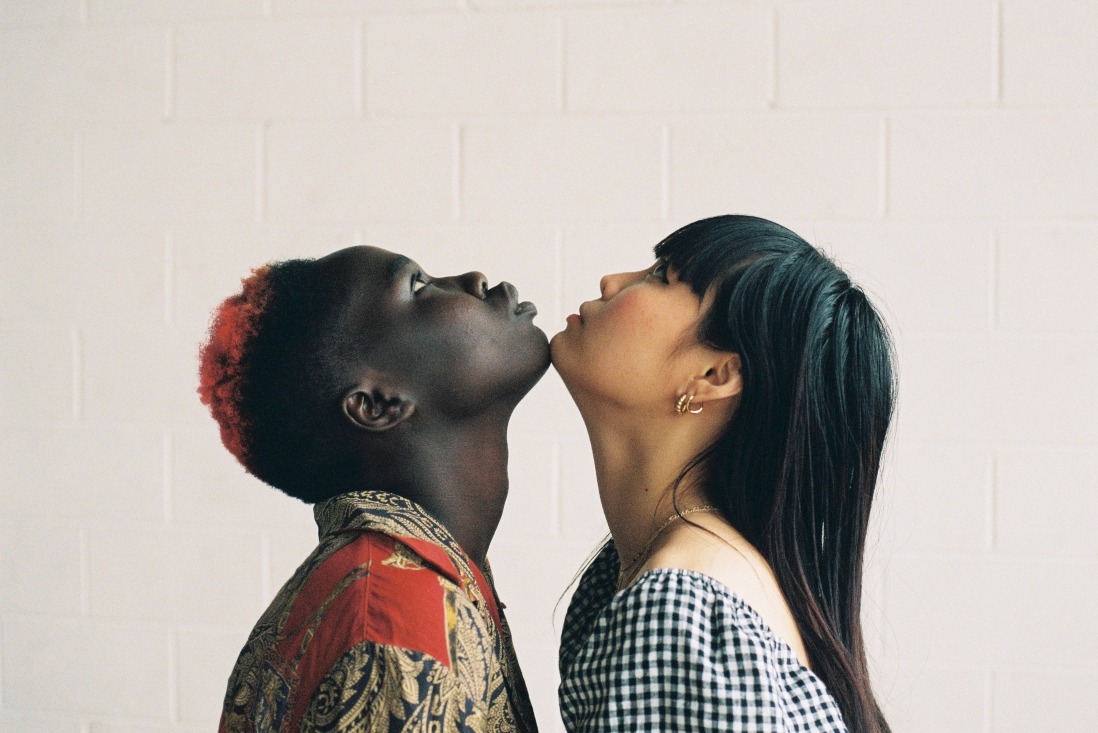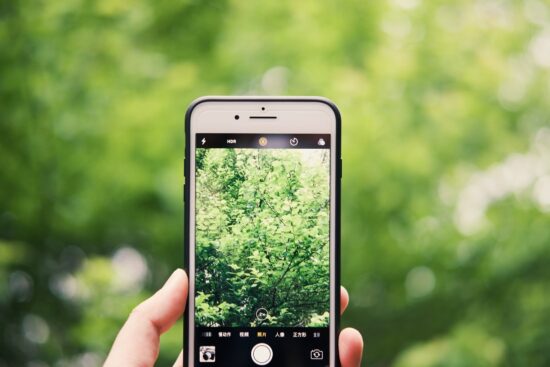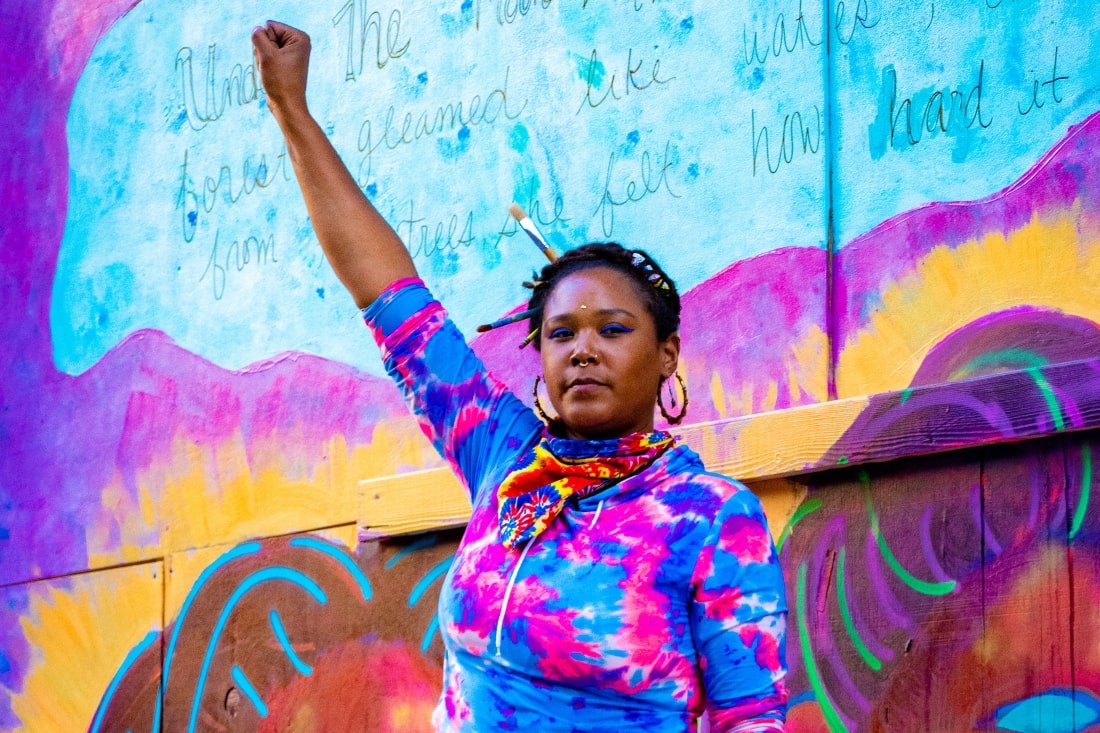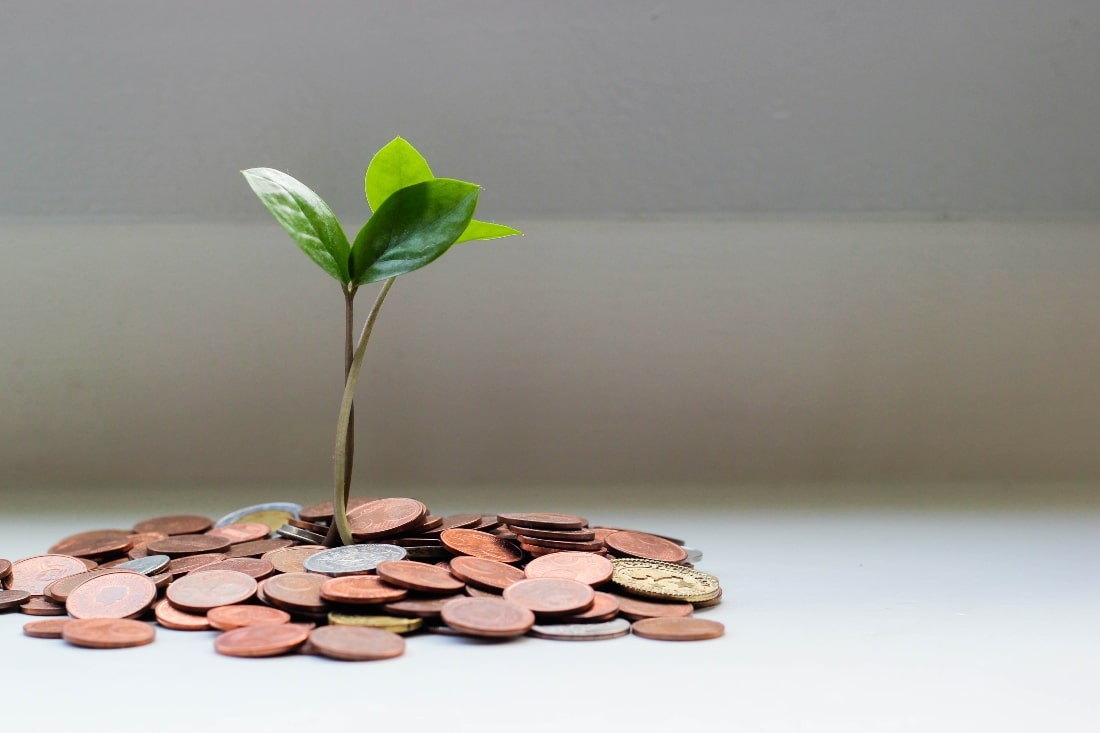In society, there has always been a tendency for mental health to be an unspoken issue. However, in the last year, mental health has come to the forefront of conversations as more of the population has been affected.
The pandemic has increased rates of mental health issues and those seeking support. Figures from early this year show that 21% of adults in the UK have experienced some form of depression in the last year – more than double the figure observed before the pandemic.
With this increase in demand, services are at a record high in the UK, with more adults than ever being referred for urgent help due to mental health issues, and an almost 2m person rise in those waiting for treatment sessions. These figures are true for almost all countries affected by the Covid-19 pandemic and its persistent lockdowns.
With these statistics in mind, many healthcare services around the world are looking for alternative therapies to support their patients, and often referring them to mental health apps for support. But can app-based technology really be the way to solve the burgeoning mental health crisis?
Easily Accessible
“Mental health apps can encourage good wellbeing habits because they’re so convenient to use and because many are free or low cost they are also readily accessible too”, says Louise Stevenson whose app WorryTree is listed on the NHS’s Digital Library. Louise went onto say, “people, men and women, are leading increasingly busy lives and so simplifying wellbeing and positive habits are important. We have an app to track [everything], so it follows that we might also have an app to help us build more positive thinking habits and be more mindful too.”
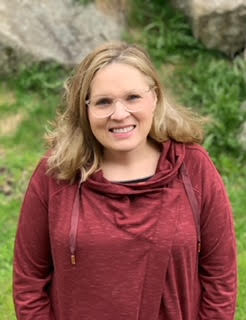
Sandi MacDonald, Co-founder and Executive Director of the International Association for Premenstrual Disorders, agrees with Louise, “having mental health support in an app improves accessibility, especially for those who might not be able to access traditional mental health services.” For Sandi, this is only a positive as “It also cuts down on the time it takes to access services because people can get support right on their phones wherever they are.”
Dot Zacharias, Co-Founder and COO of The Nourish App, whose platform offers bite-sized emotional support and wellbeing to mums, agrees with Sandi. “In today’s world, an app is always by your side, always available and a portal to information, support and signposting, if you need further support and advice.”
“In today’s world, an app is always by your side, always available and a portal to information, support and signposting, if you need further support and advice.”
Dot Zacharias, Co-Founder and COO of The Nourish App
Dot’s Co-Founder and CEO of The Nourish App, Sara Campin, continues Dot’s thought. “Mental health and wellness apps, therefore have the potential to offer a low cost, empowering and scalable solution to support a whole spectrum of mental health challenges from mild to moderate and severe and offer tailored solutions for specific audiences,” Sara says these capabilities, “offer the potential to reduce the cost burden born by health systems.”
“Having accessible health care at your fingertips is becoming an increasing need of the hour”
Michelle Frank, Director of Health & Wellness for Naima
Michelle Frank, who is based in India as the Director of Health & Wellness for Naima, notes this accessibility isn’t true for the whole globe. She says, “there are still many pockets that have limited access to technology.” However, she goes onto say, “these numbers are changing and this means that having accessible health care at your fingertips is becoming an increasing need of the hour. In our technological era, access to a smart device and therefore to mental health assistance has increased.”
Private Space
When asked why she believes apps have potentially increased access to mental health support, Sara Campin, said, “apps offer an easily accessible and private space for the population to seek different forms of help and support on their own terms, thus overcoming barriers that exist such as stigma, which usually prevent people from reaching out for support from standard routes.”
Apps offer an easily accessible and private space for the population to seek different forms of help and support on their own terms“
Sara Campin, Co-Founder and CEO of The Nourish App
Sara went onto explain that, “every year thousands of mothers don’t reach out for support with their mental health due to a fear of judgement and fear of having their baby taken away.” Sara says her product, “The Nourish app offers a positive, empowering and private space for mothers to feel supported on their own terms, whilst also giving easy access to bite-sized, practical and relevant self-help tools to help de-stress and navigate the big and potentially difficult emotions of motherhood, whilst also offering necessary signposting and guidance to encourage mothers to access further support if needed.”
“Living in a country like India, where women’s health, including mental health, is constantly cloaked in taboo, online portals and apps help as a gateway”
Michelle Frank, Director of Health & Wellness for Naima
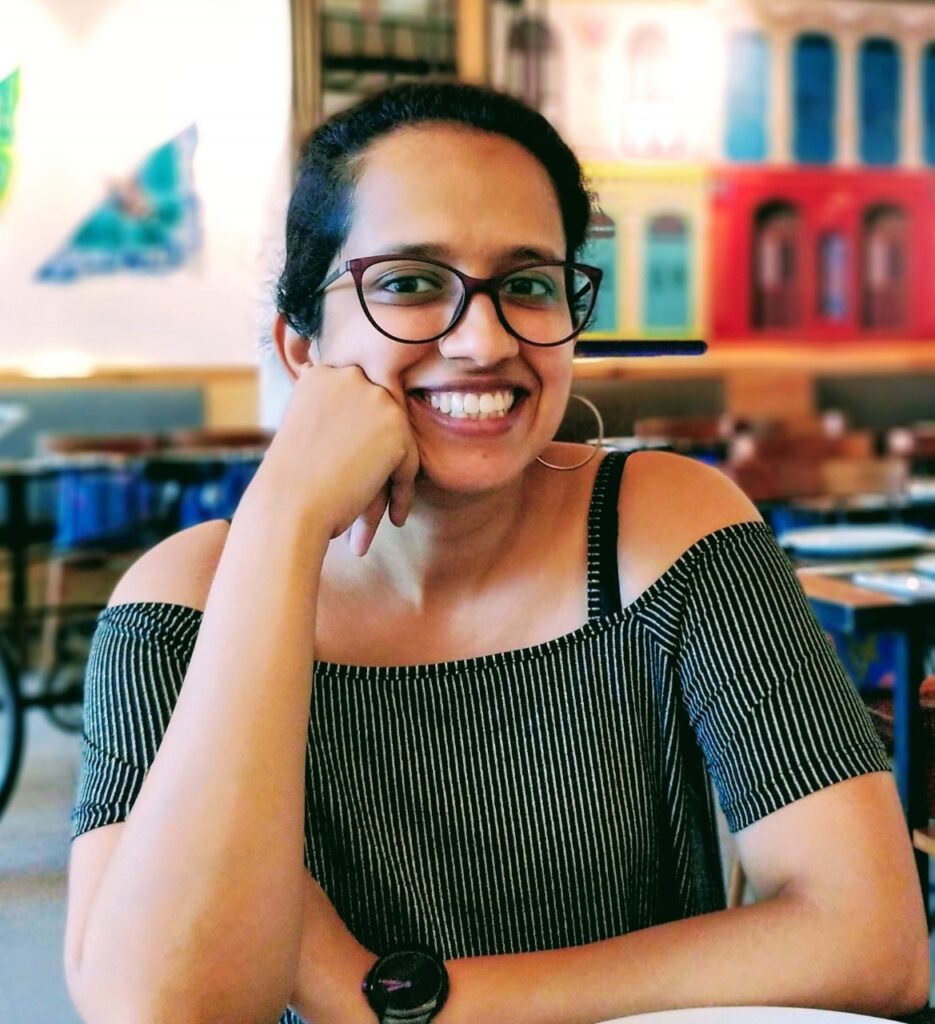
Michelle Frank, whose platform Naima supports pregnant women with an ecosystem of tools on its online platform, explains the benefits of this non-judgemental space, which apps can offer, too. She says, “living in a country like India, where women’s health, including mental health, is constantly cloaked in taboo, online portals and apps help as a gateway, not only to awareness but also for data and research on the requirements of mental health within our populations.”
She went onto say, “having anonymity increases this engagement further. This helps to bring forth to the table struggles that are rarely discussed or researched within the mental health ecosystem, such as premenstrual dysphoria, postpartum depression, and menopausal mood changes to name a few.”
Gender-Specific Needs
With Michelle’s thoughts in mind, it seems as though mental health apps may tackle the gender-specific needs of women, in ways that other mental health services cannot.
“With an app it is possible to create a very rich and tailored user experience”
Dot Zacharias, Co-Founder and COO of The Nourish App
“With an app it is possible to create a very rich and tailored user experience, in our case, speaking to the specific challenges and emotions experienced by mothers,” explains Dot of The Nourish App, “The notifications on our app helps our users feel supported and just by opening the app, they tell us that they feel they are already checking in with themselves and their mental and emotional needs.”
“I have realised that a non-judgemental support system is crucial for every woman“
Michelle Frank, Director of Health & Wellness for Naima
Michelle Frank agrees with Dot and explains how Naima, the pregnancy care platform she is building focuses on the unique needs of pregnant women. She describes Naima’s process, “honing in on this demographic [pregnant mothers] helps us with basic research on what is required to build products within the FemTech arena that can cater to women’s health. I have realised that a non-judgemental support system is crucial for every woman. And technology has enabled us to develop and deliver this to a woman’s hands.”
Multiple Support
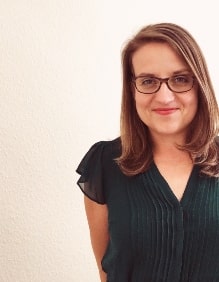
So are mental health apps really a substitute for healthcare services? “Many mental health apps shouldn’t be used a substitute for professional mental health care when we’re really struggling, but all mental health apps can be invaluable for helping us to manage, maintain and even improve our mental health over the long term”, commented Louise Stevenson.
However, she says “Having a suite of mental health apps on your device that you use in different situations can be a great idea. We’d highly recommend trying a few mental health apps before you settle on one as we’re all different and what might work for someone else might not work for you.”, she followed, “For us, this is a really exciting time to be in this space because there are so many different apps out there, there’s truly something to suit everyone.”
And, Dot Zacharias agrees completely, “Apps need to be part of the mental health landscape and we would like to see further collaboration between digital and traditional services. Mental health, like physical health, covers a very wide spectrum of conditions as well as mental wellness.”
“It’s amazing to think that the UK doesn’t have a digital mental health strategy“
Dot Zacharias, Co-Founder and COO of The Nourish App
For Dot, “There is a place for apps and they can actually be a great prevention and signposting tool. It’s amazing to think that the UK doesn’t have a digital mental health strategy yet, when there are so many benefits for people in having options for ways to access support, especially when apps are developed in collaboration with the scientific community and are evidence-based, safe and scalable.”
With thanks to our contributors:

Sandi Macdonald Executive Director of the International Association for Premenstrual Disorders 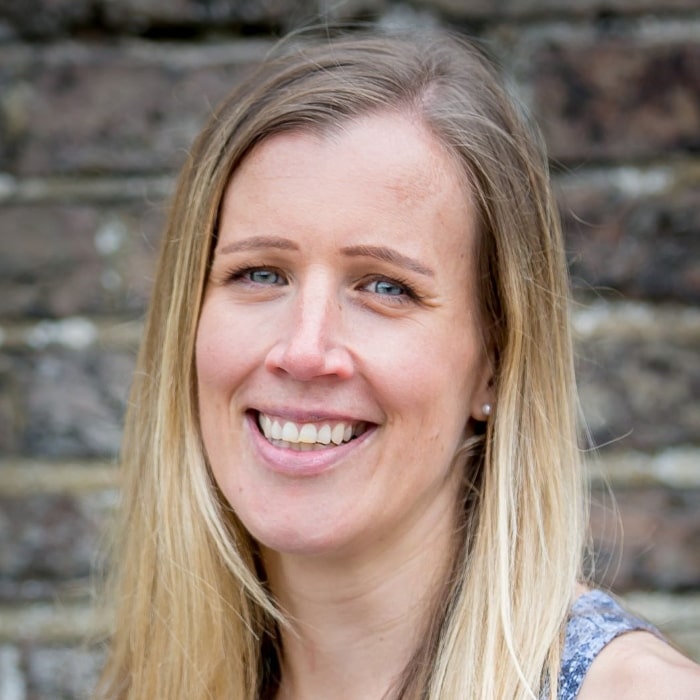
Sara Campin, Co-Founder and CEO of The Nourish App 
Louise Stevenson, Founder of WorryTree 
Michelle Frank, Director of Health and Wellness Naima 